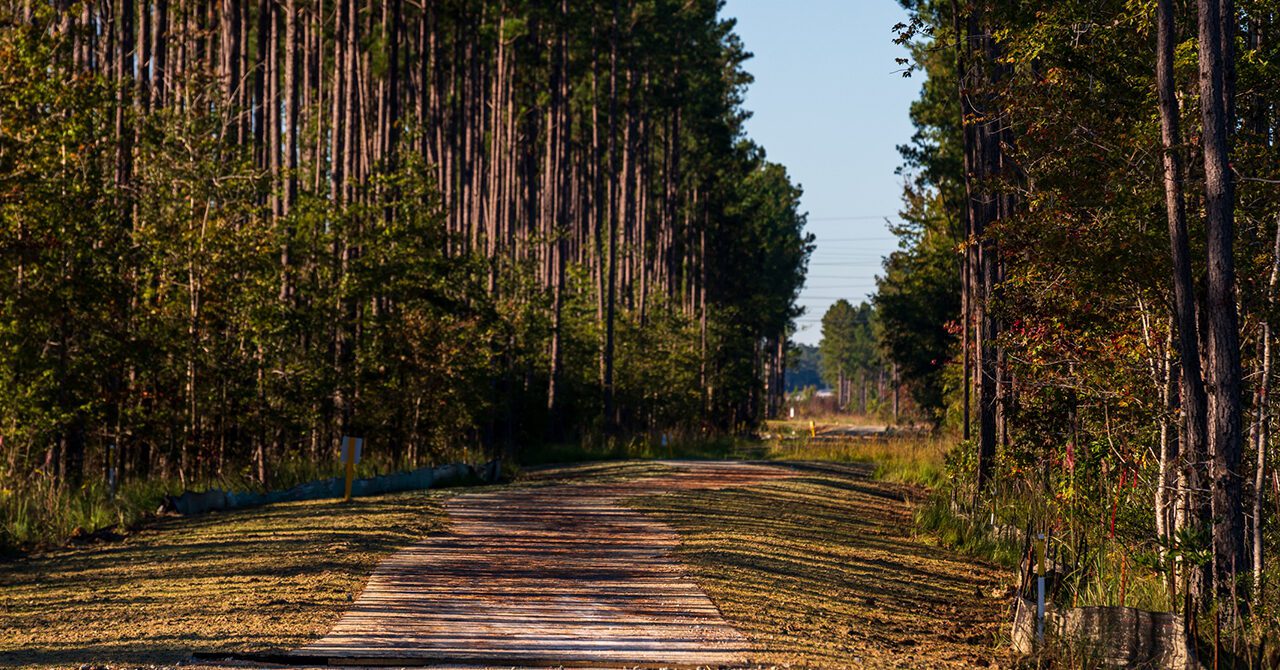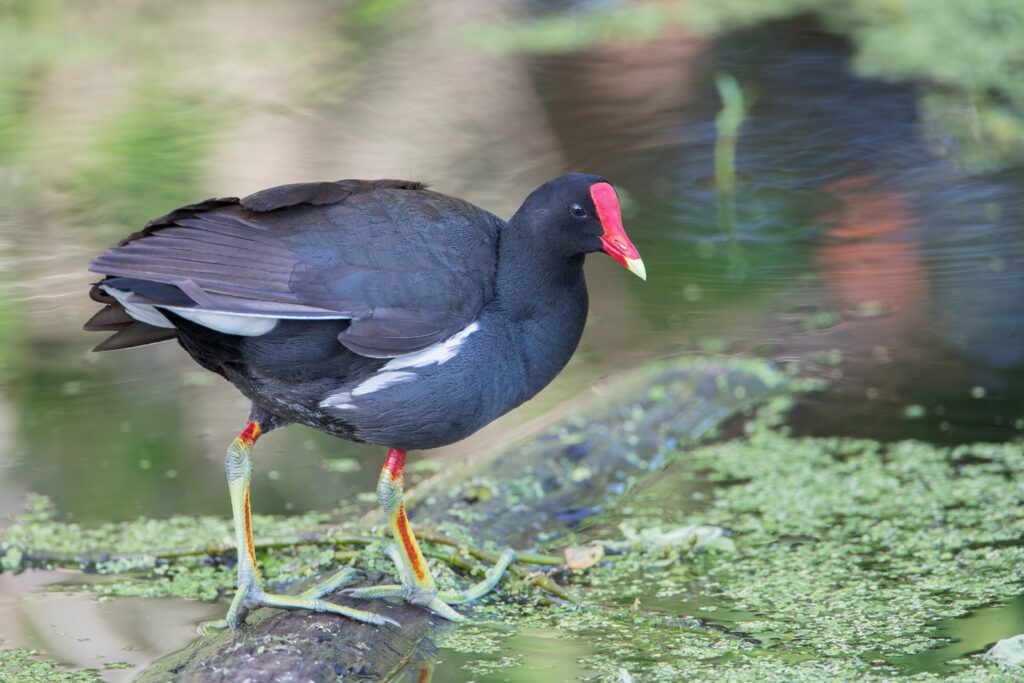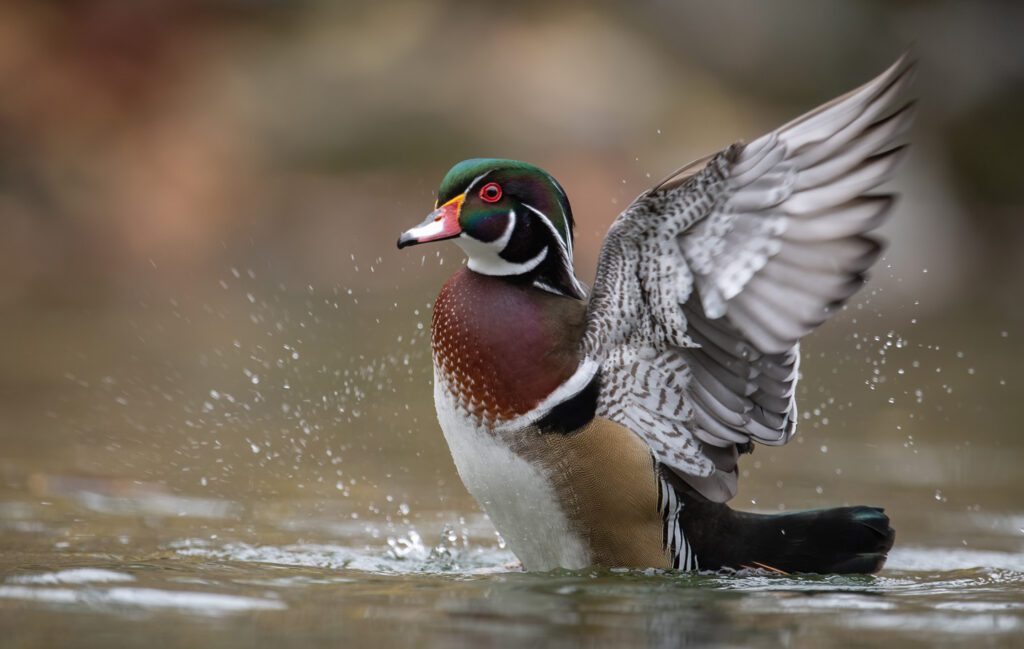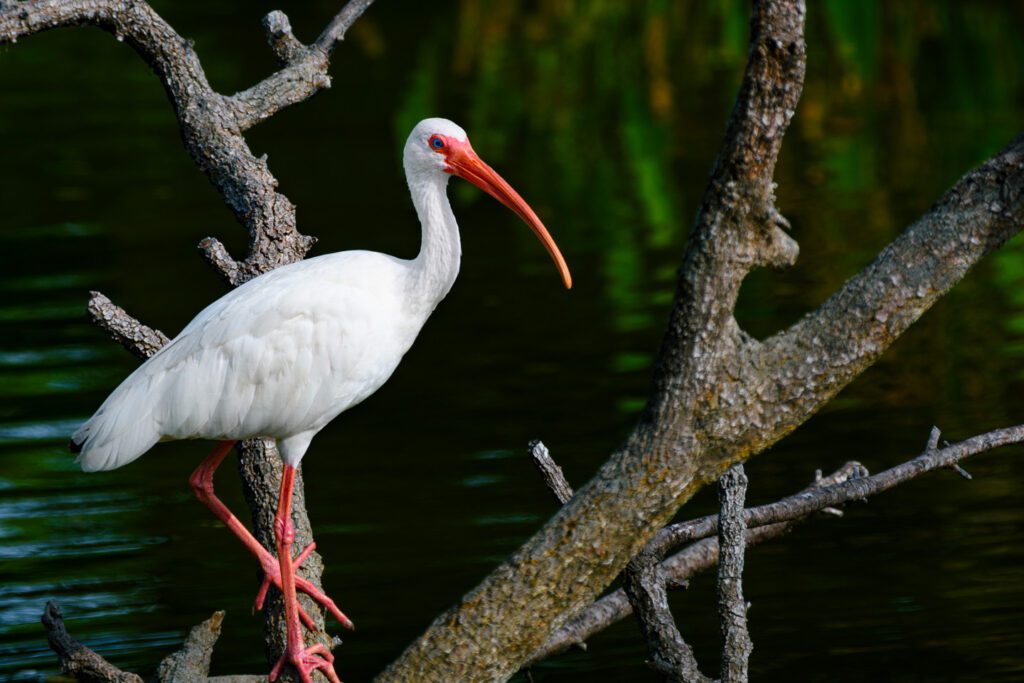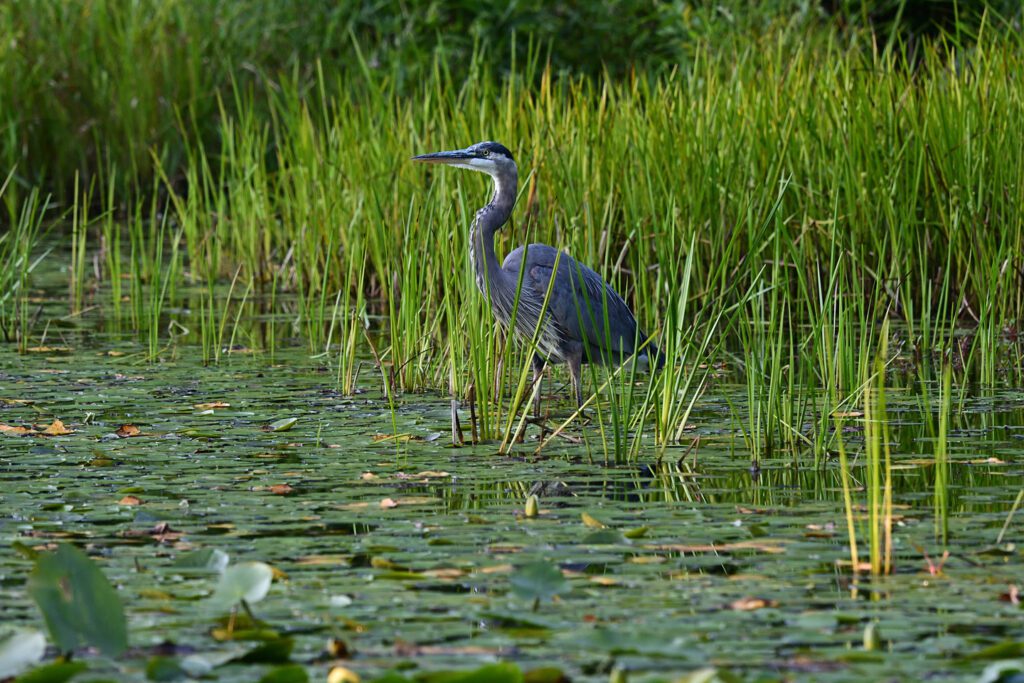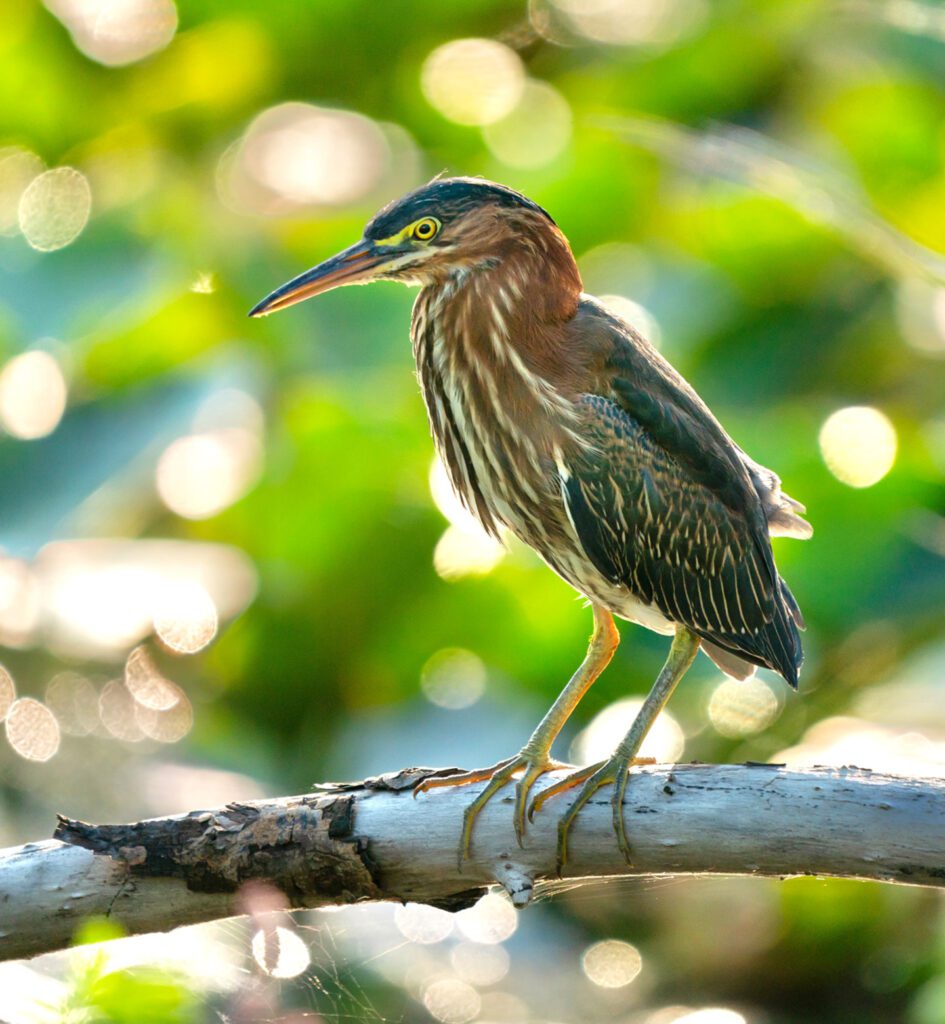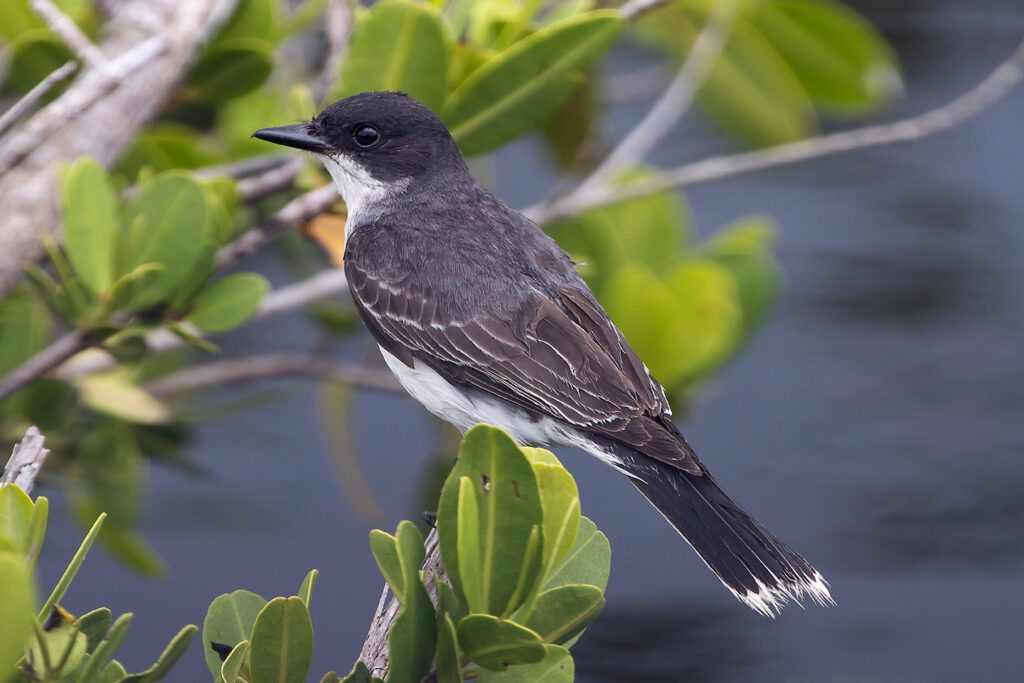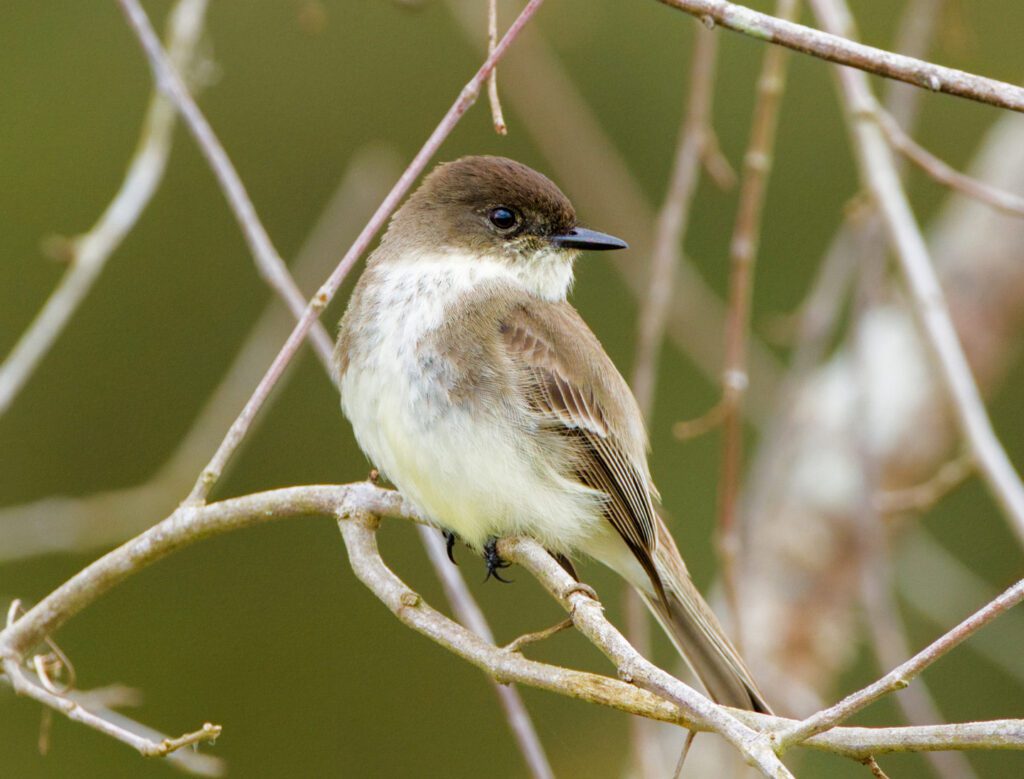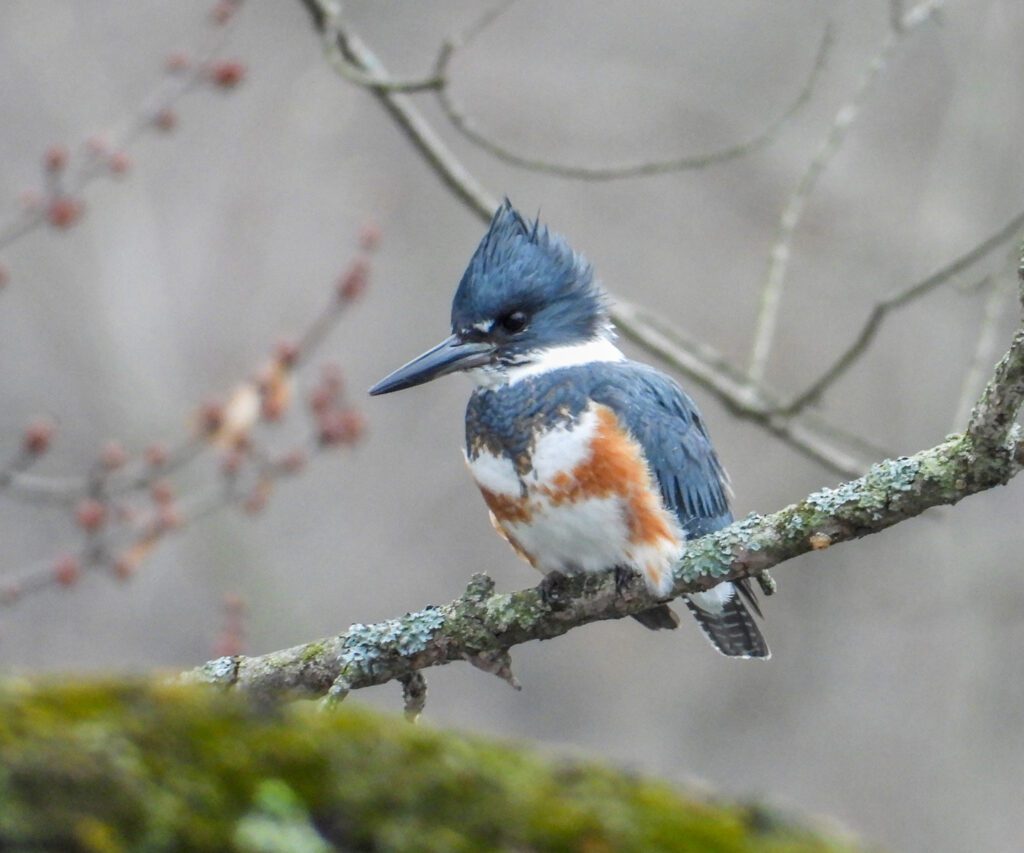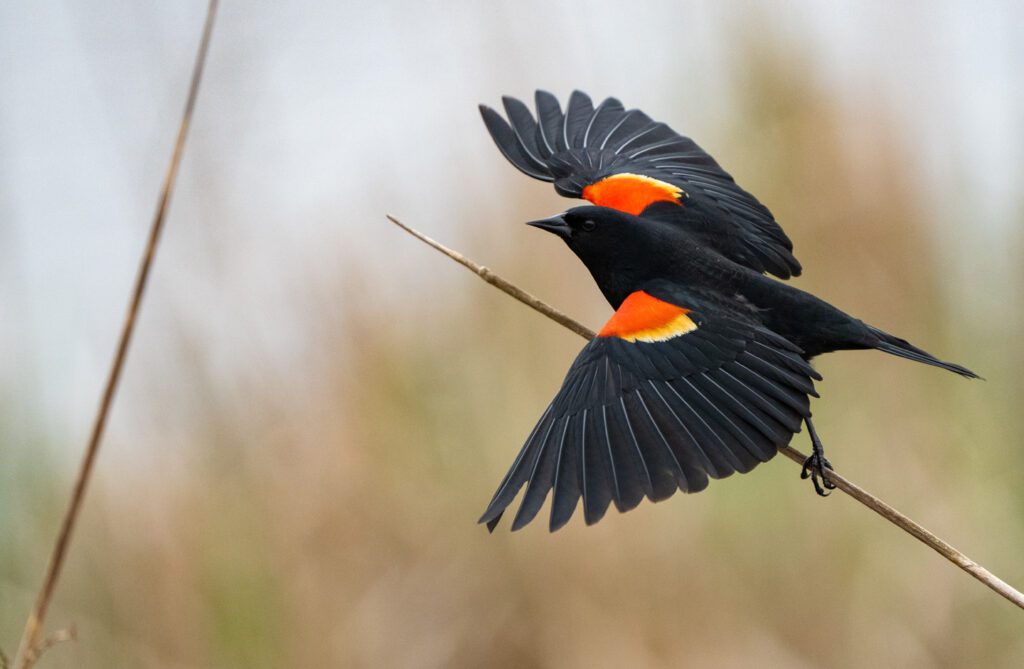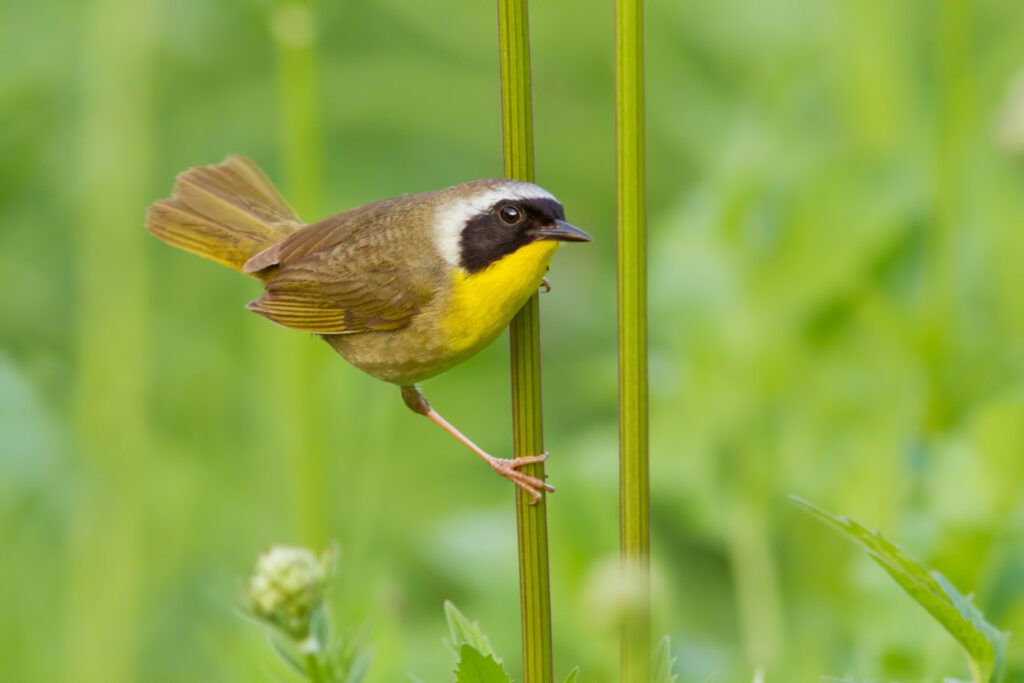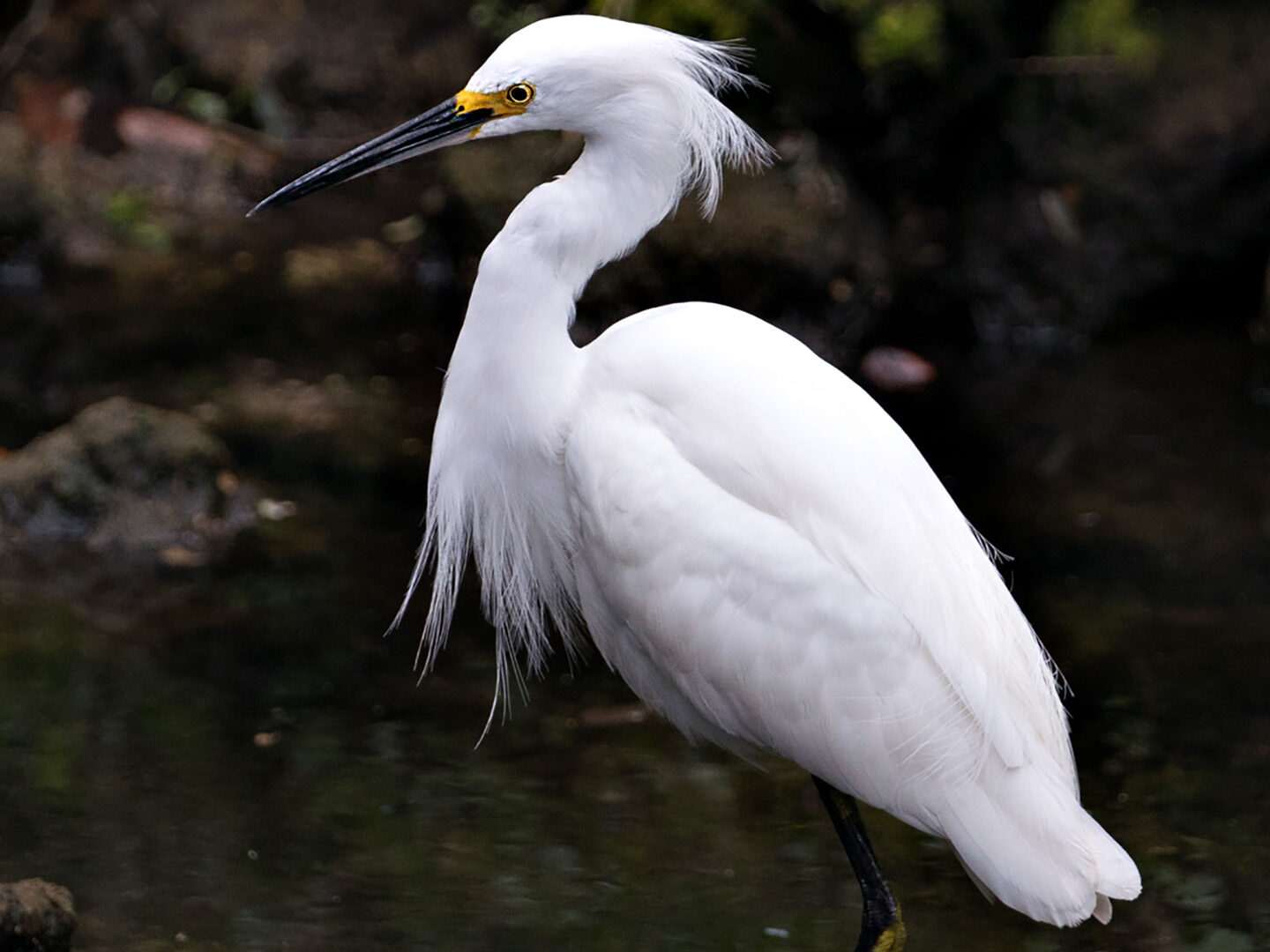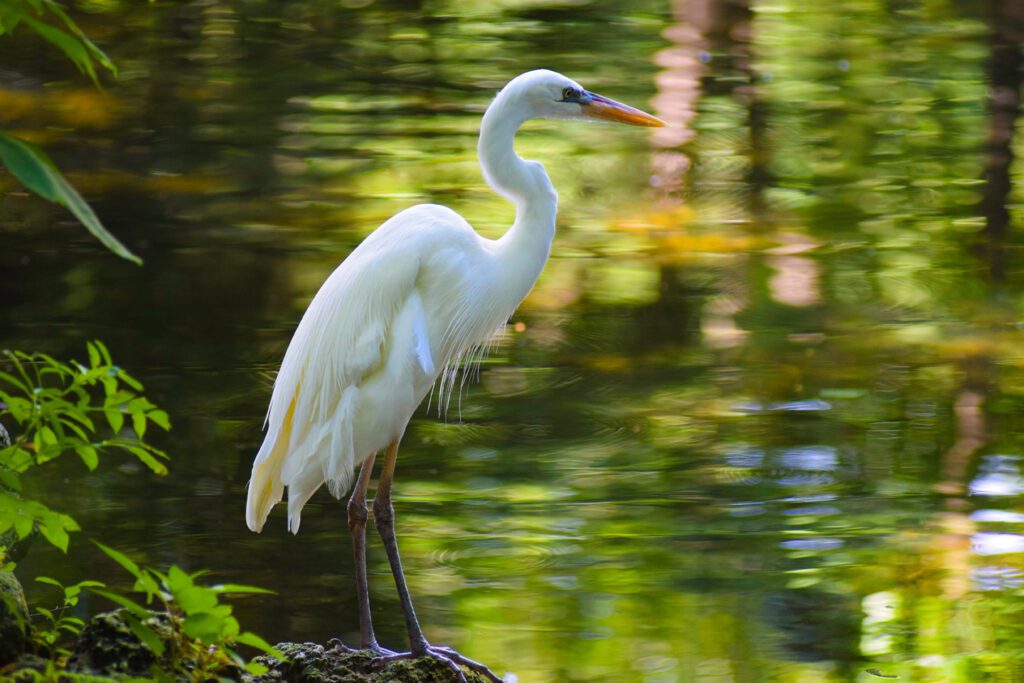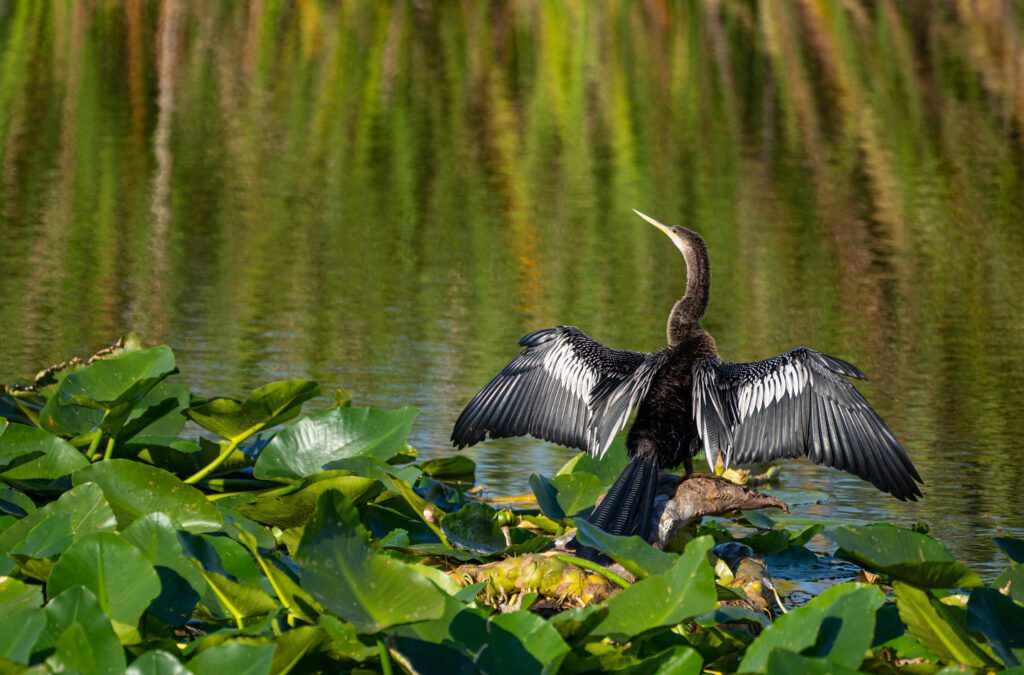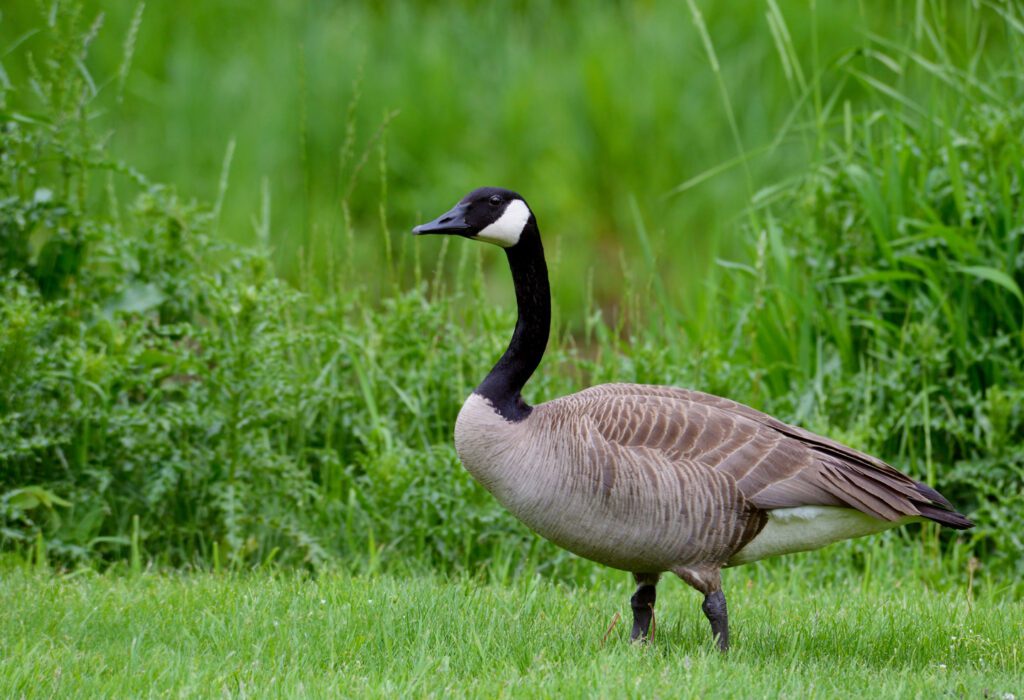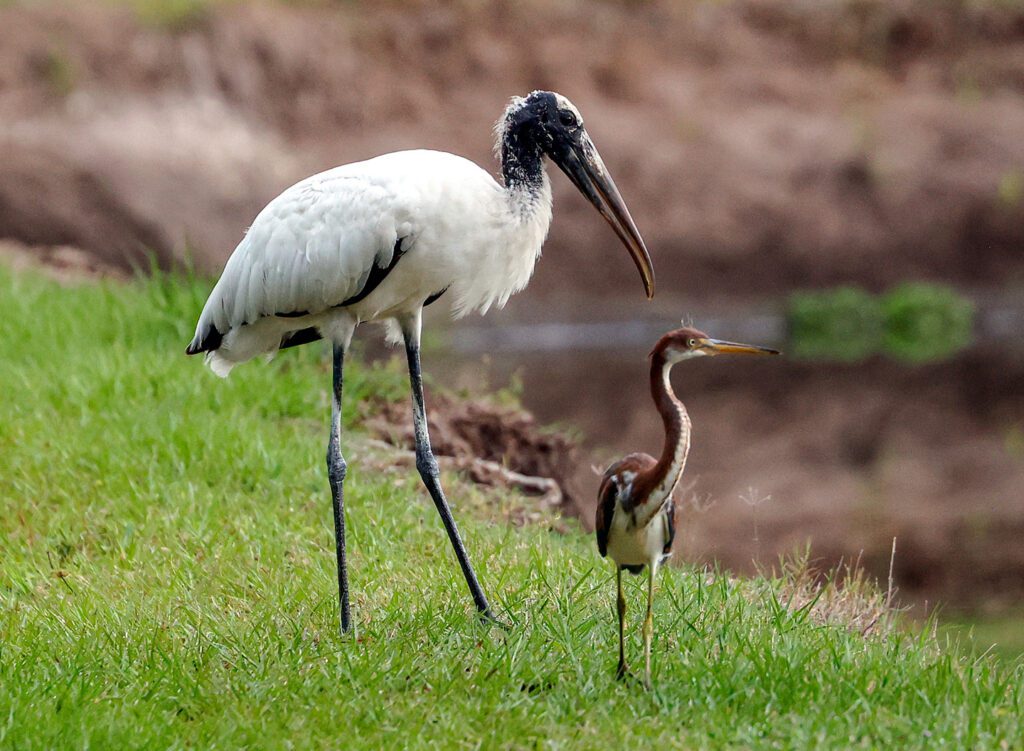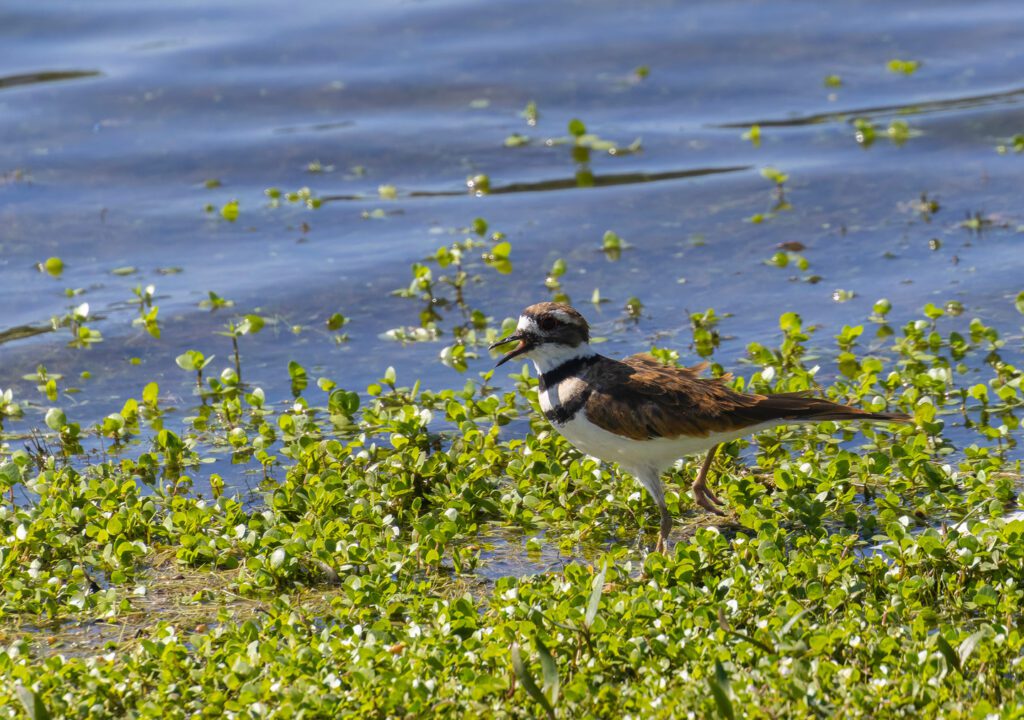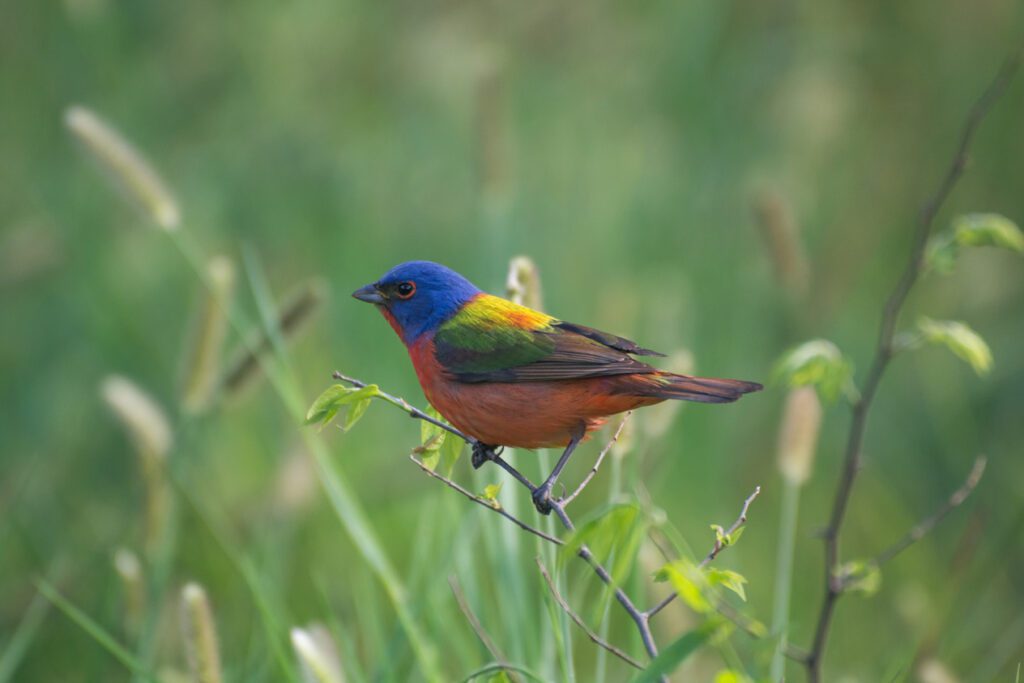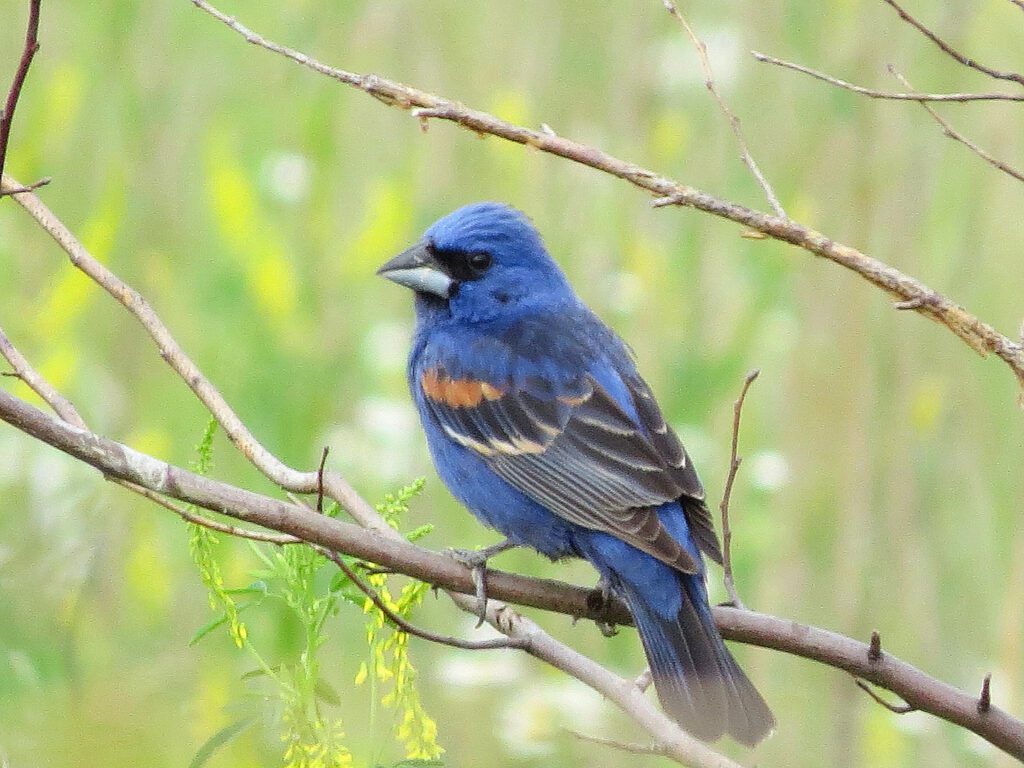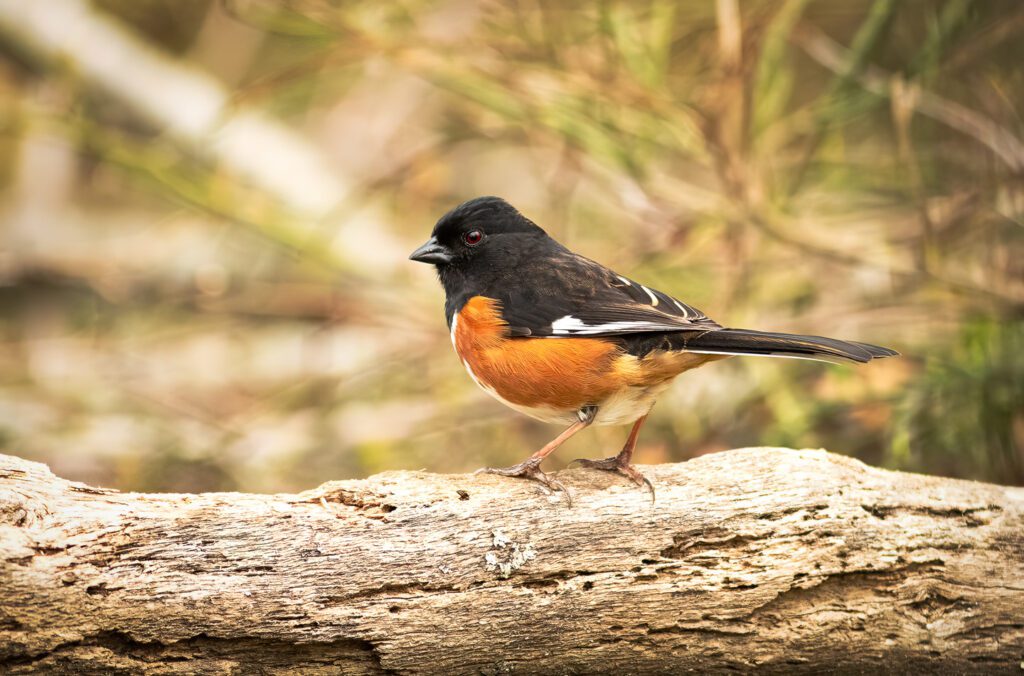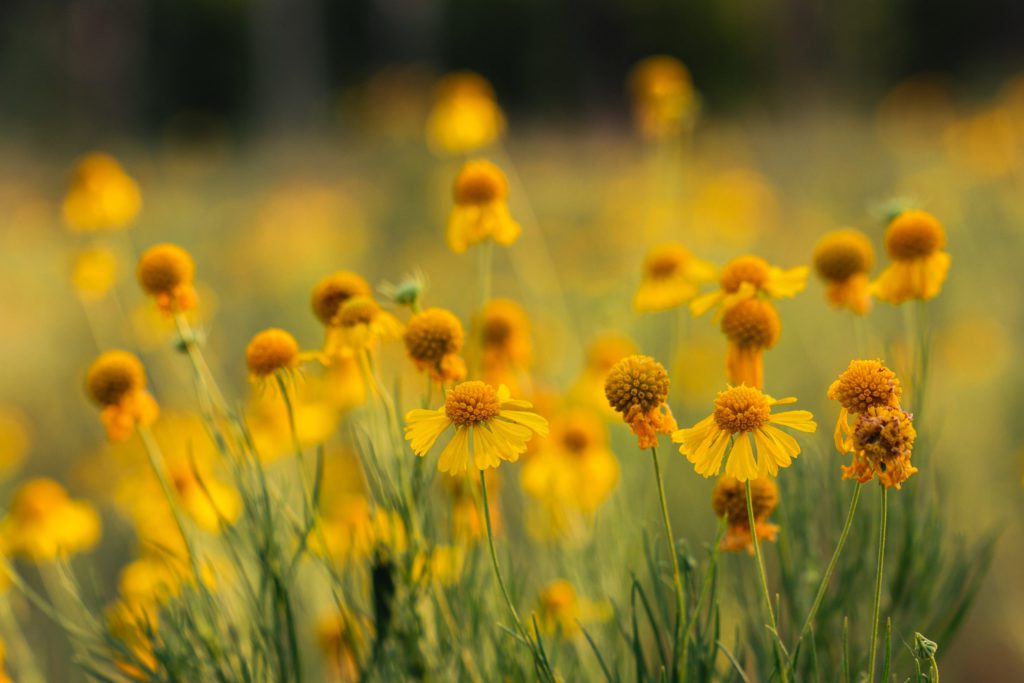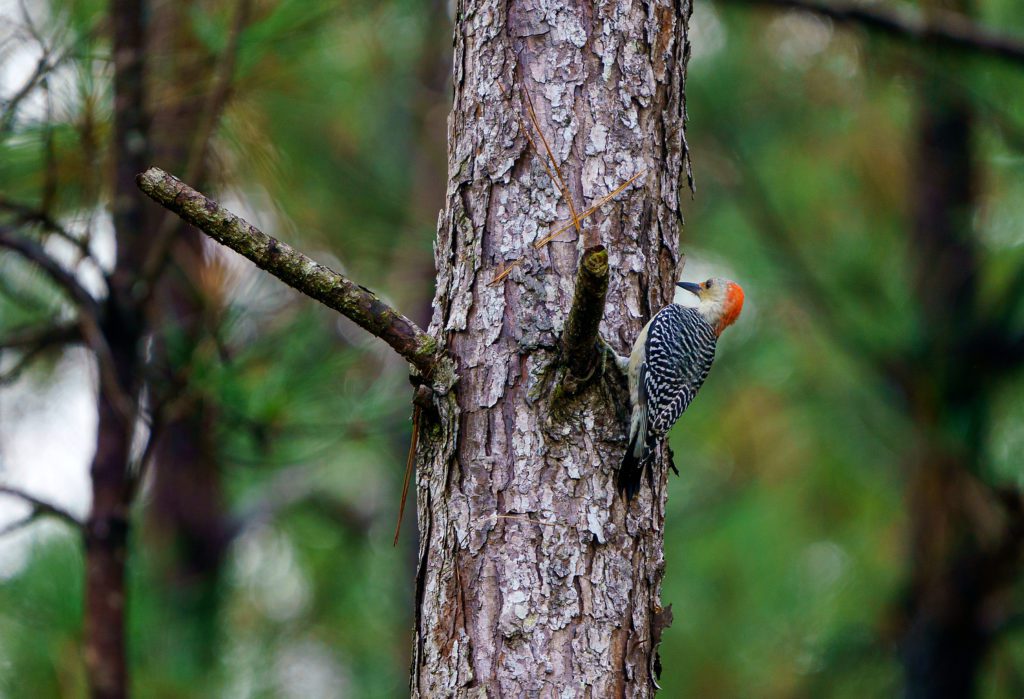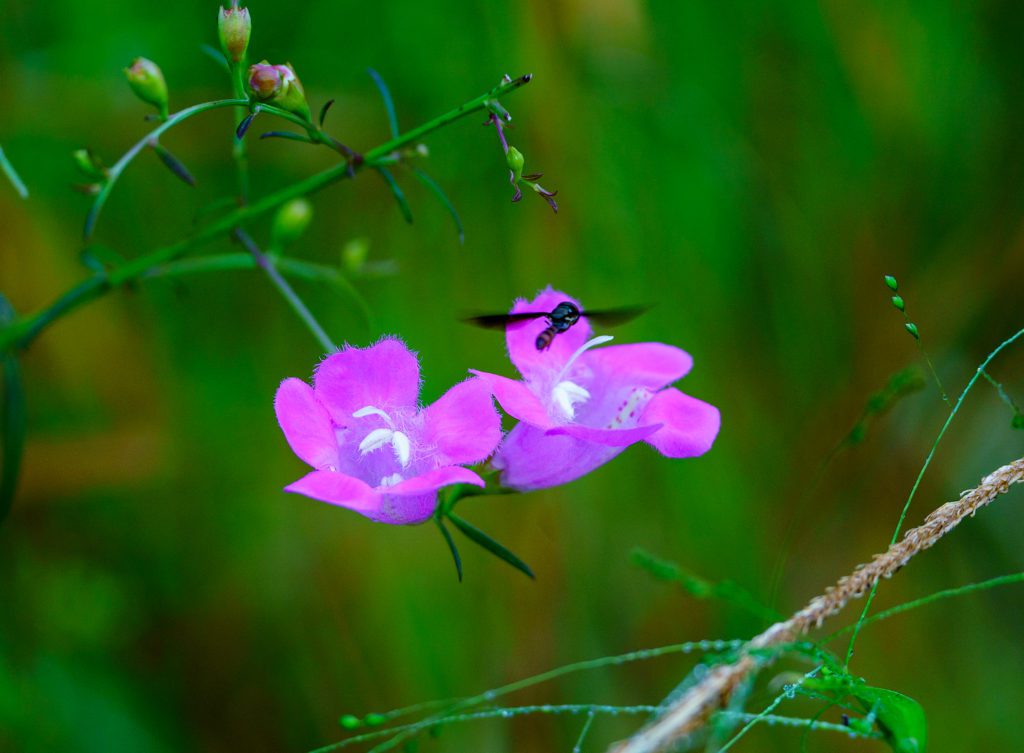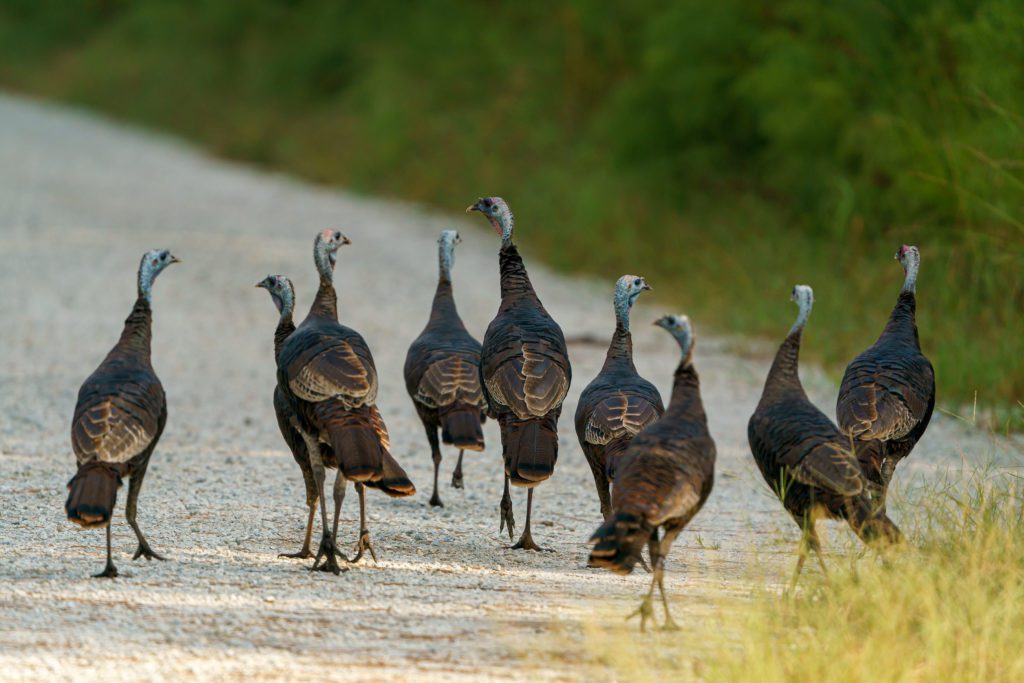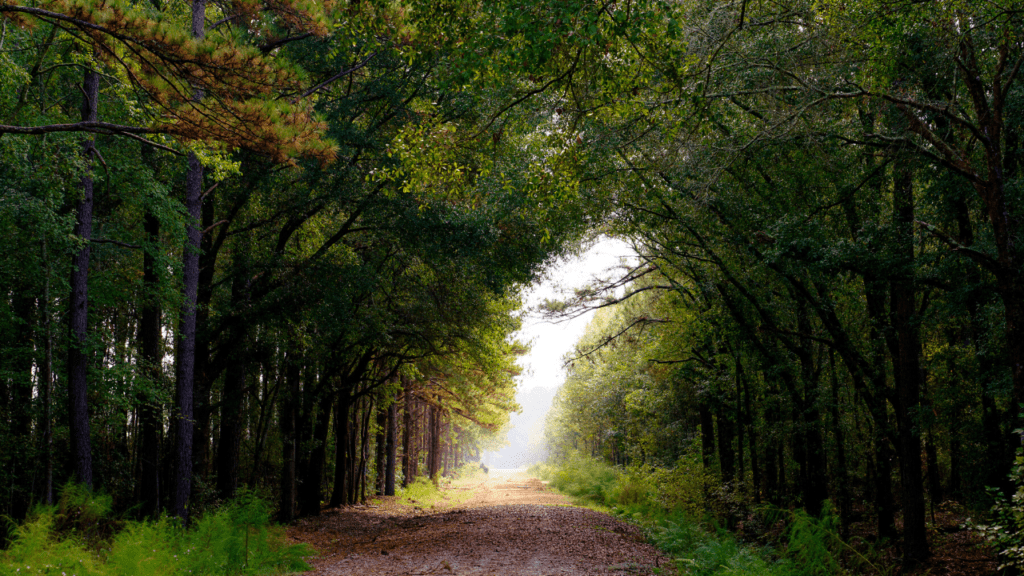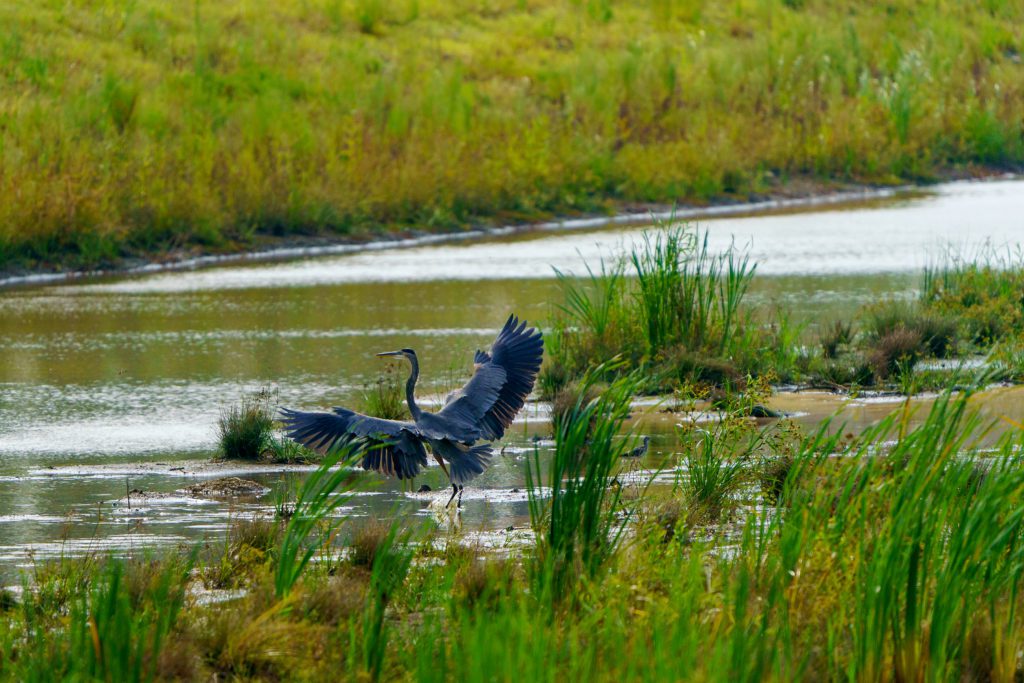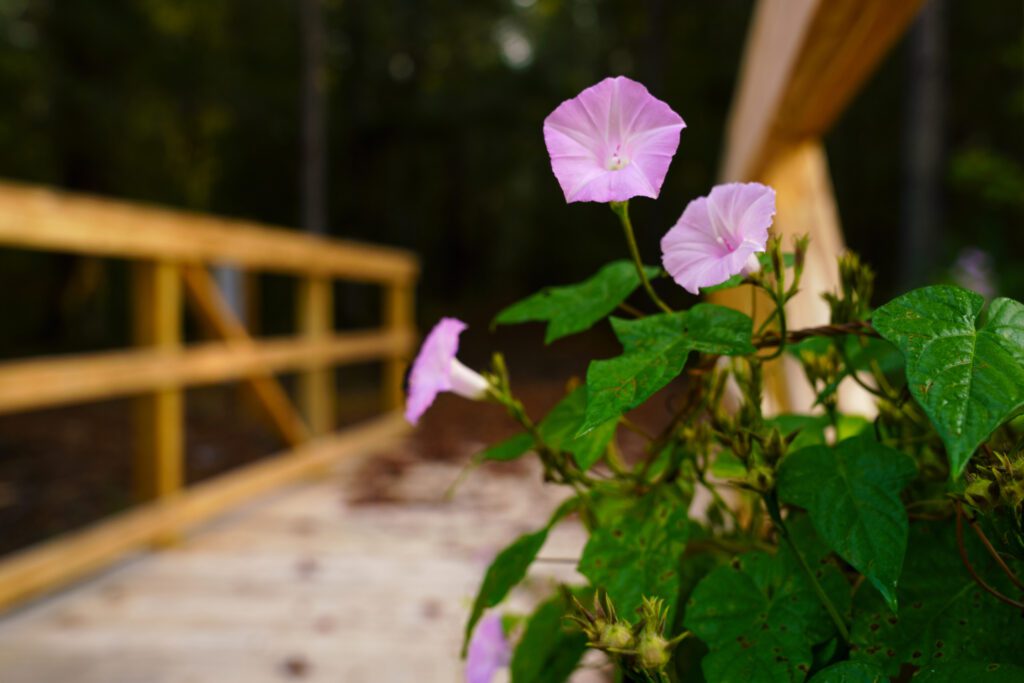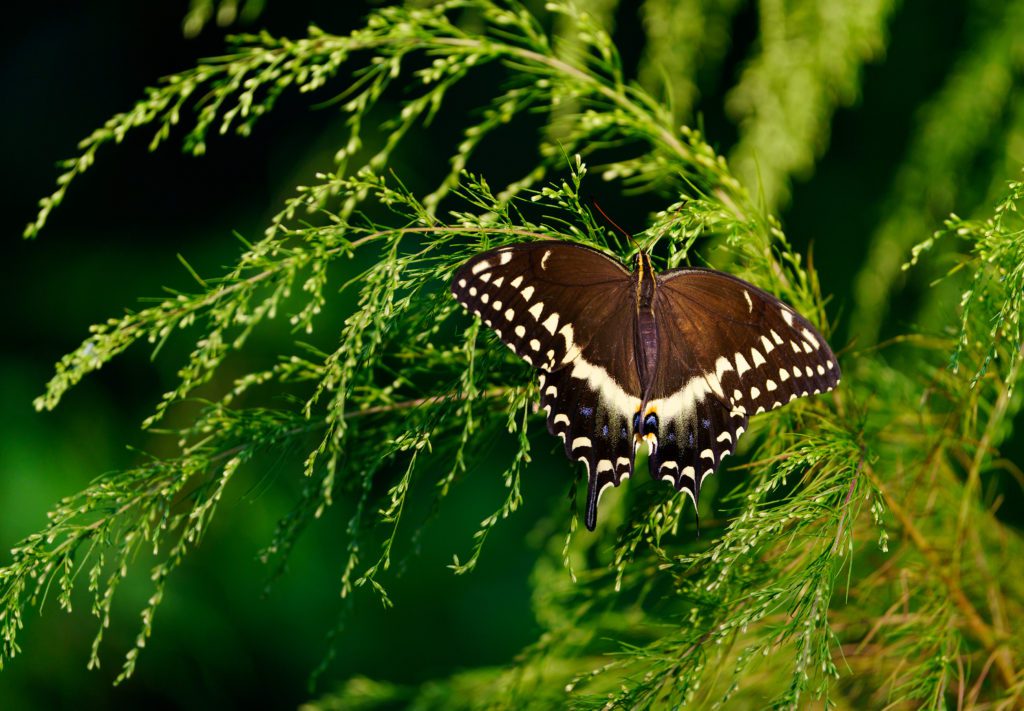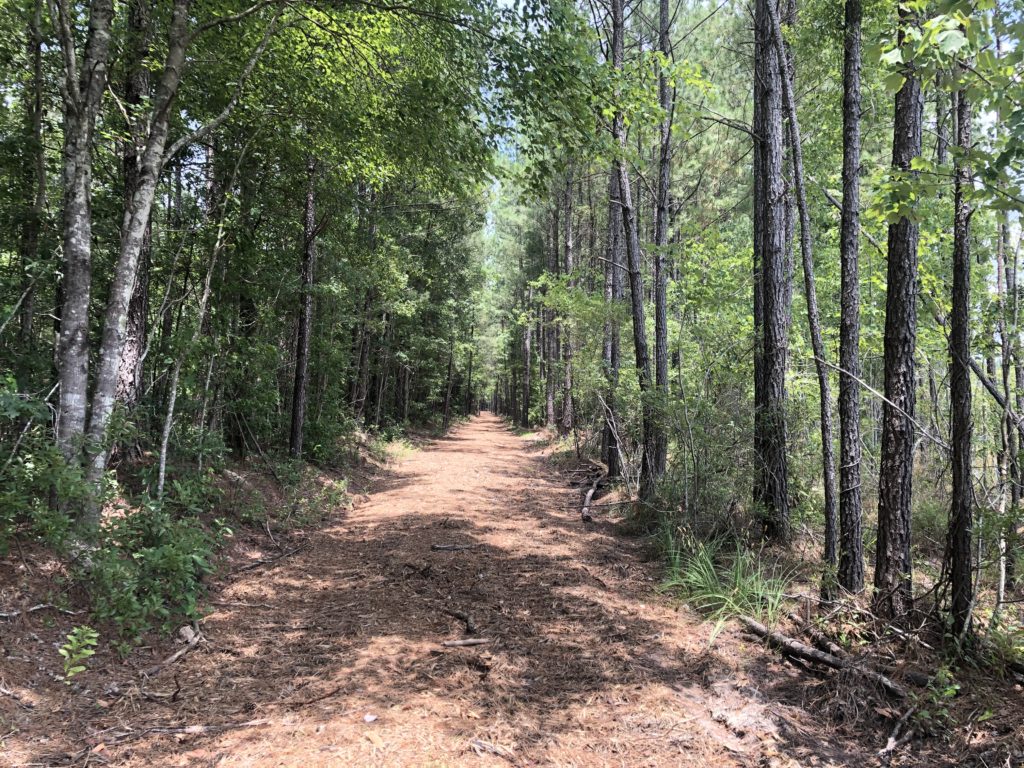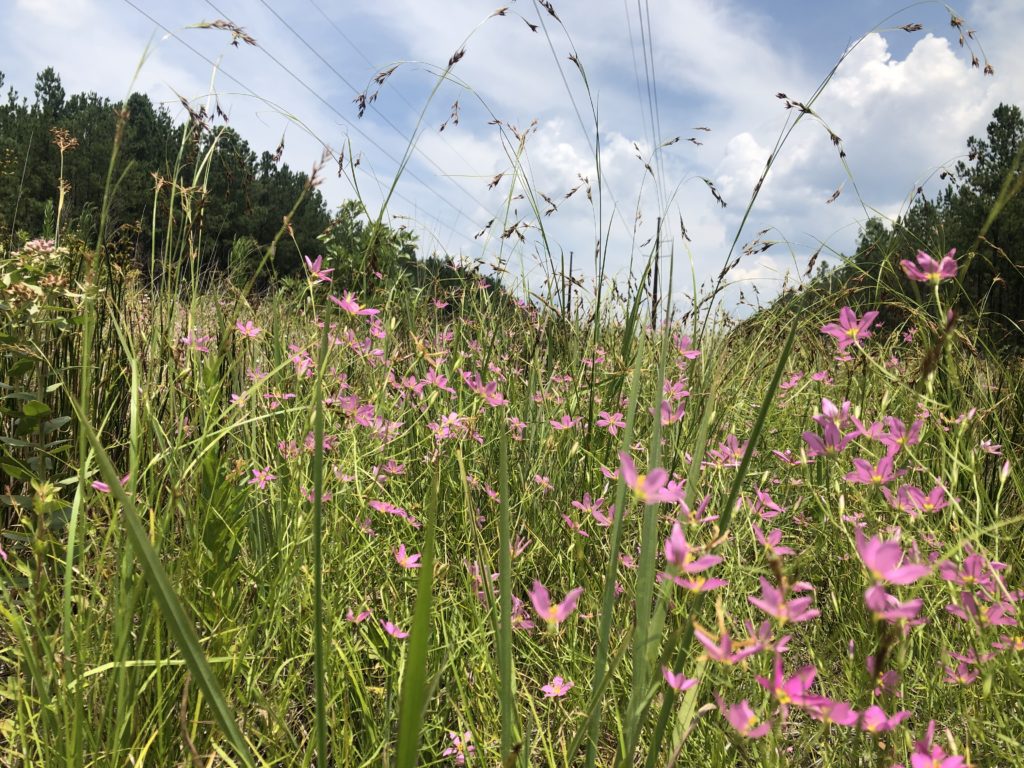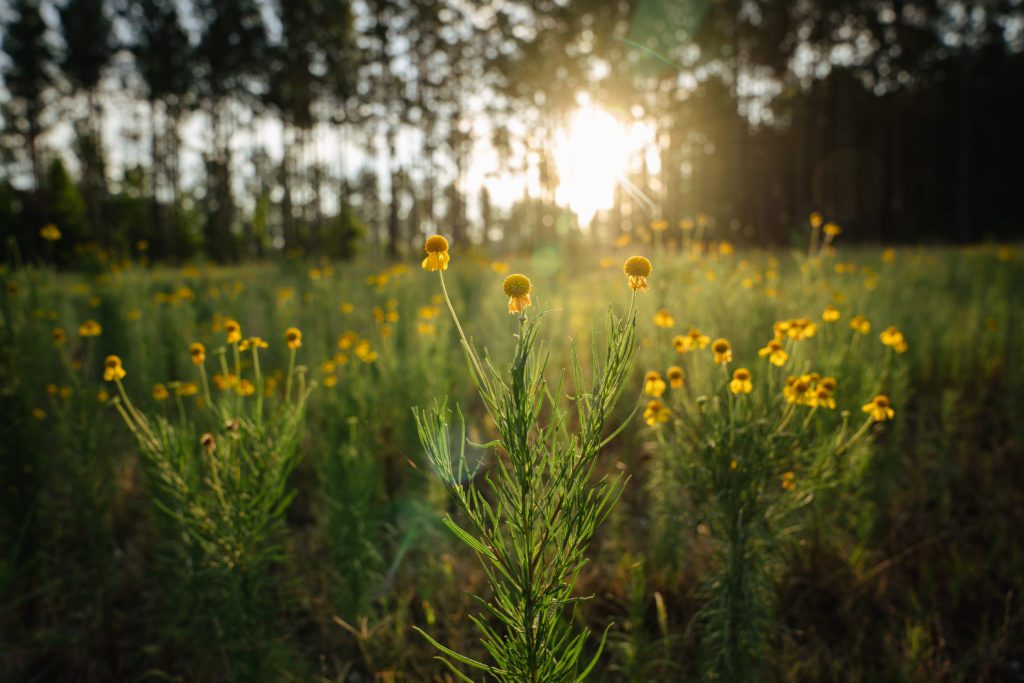Environmental Focus
Camp Hall is committed to maintaining an environment that is authentic to the natural habitat of coastal South Carolina. 28% of the whole site will be preserved land devoted to natural growth, wildlife habitats, and features developed to maintain and improve a healthy ecosystem.
Utilizing a variety of innovative solutions such as replacing existing non-native Loblolly pines with native species, incorporating bioswales in stormwater treatment, and providing pollinator habitats, Camp Hall will support local ecosystems.
Camp Hall’s Commitment:
- Restoration of approximately 365 acres of wetlands impacted by years of intensive tree farming.
- Permanent protection of approximately 2650+ acres of land, including approximately 1,265 acres of freshwater wetlands
- Restoration of wildlife habitat for a substantial number of native South Carolina species
- Developing and maintaining a “Pollinator Pathway” for birds, bees, and butterflies
- Developing a 15+ miles multi-use trail system to benefit both Camp Hall and the larger community by providing a place for recreation and engagement with nature
- By using rainwater harvesting, car charging stations, and solar panels in select locations, Camp Hall will demonstrate its commitment to sustainable building strategies.

Award-Winning
Environmental Design
The Department of Health and Environmental Control (DHEC) of South Carolina recognized Camp Hall Commerce Park with its prestigious Community Star award.
Restoration
Wetlands
Camp Hall made the commitment to preserve and restore the local environment and natural resources. That commitment includes returning the property to its native condition, erasing logging and other industrial impacts to wetlands, creating additional wetlands, reestablishing the headwaters of Timothy Creek, and improving critical areas beyond the original state.
To restore native tree species, Camp Hall planted more than 80,000 hardwood seedlings and trees in 2021, with plans to continue restoration as the trees mature. Natural regrowth of native grasses and plants is also occurring to create a diverse, emergent wetland.
Logging
After several decades in which logging has had a negative impact on the environment, Camp Hall has committed to restoring the local environment and returning the property to its native condition, while also creating additional wetlands.
In working to restore the property’s native condition, Camp Hall is committed to planting nearly 250,000 seedlings as part of the 500-acre wetland mitigation and restoration project. That project is crucial as the wetlands provide important habitat and sources of food for the animals at Camp Hall.
Wildlife
Trail System
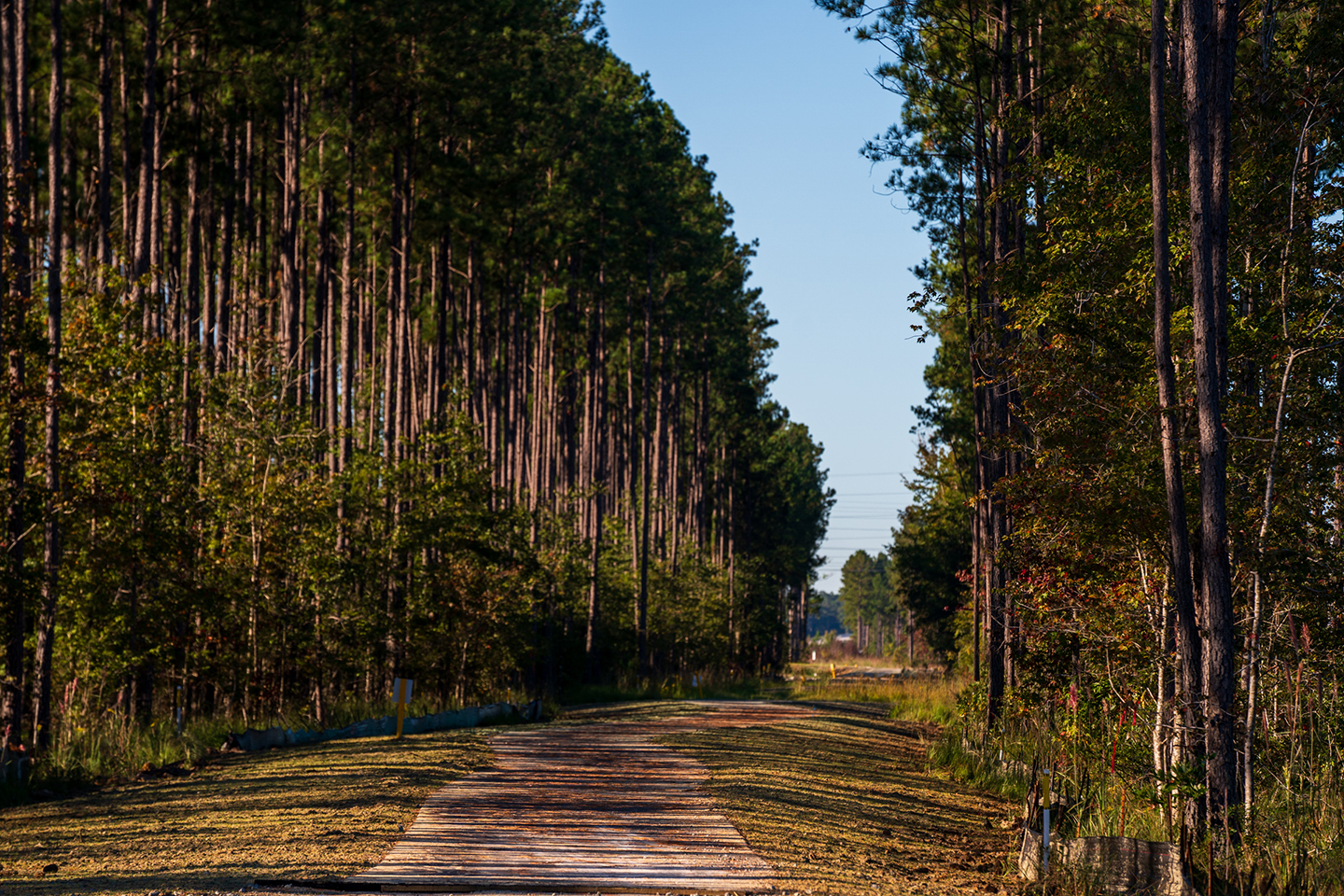
Info Coming Soon

